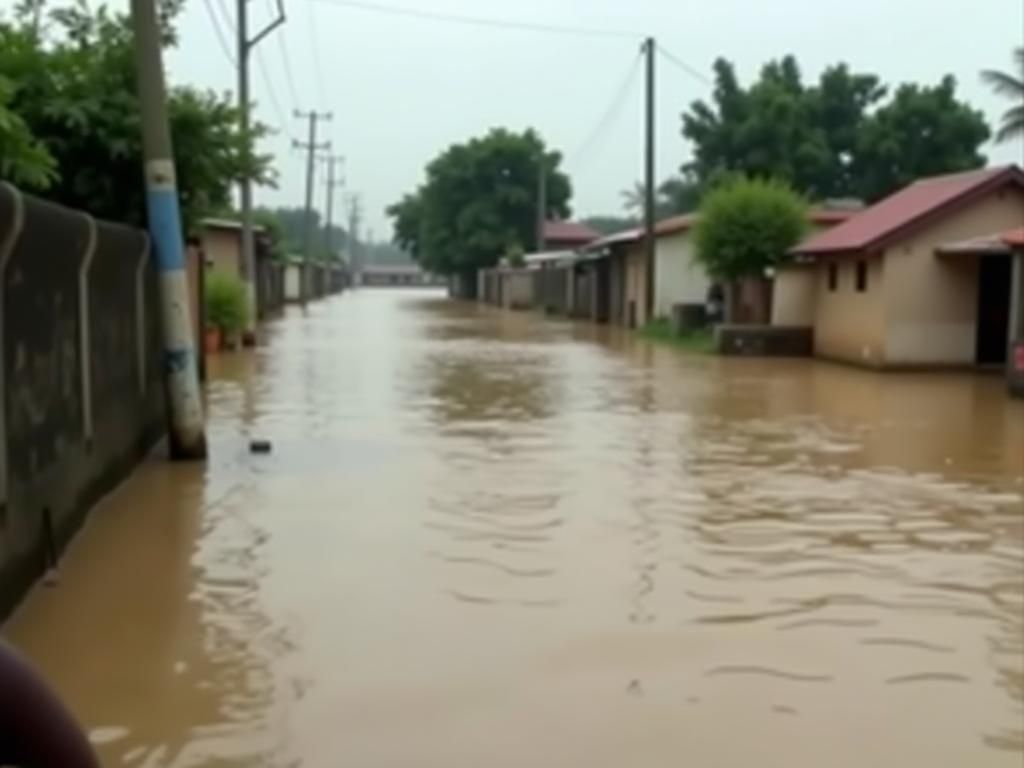
Devastating floods in central Nigeria have claimed the lives of at least 115 people, according to reports from local authorities and relief organizations.
The heavy rainfall, which began several weeks ago, has caused rivers to overflow their banks, inundating villages, towns, and farmlands across several states.
The hardest-hit areas include states known for their agricultural production, leading to significant damage to crops and livestock, raising concerns about food security in the affected regions.
Rescue operations are ongoing, with emergency responders working to evacuate stranded residents and provide aid to those displaced by the floodwaters.
Thousands of people have been displaced from their homes and are currently seeking shelter in temporary camps and relief centers established by the government and humanitarian agencies.
The Nigerian government has declared a state of emergency in several affected states and has deployed resources, including personnel and equipment, to assist with the rescue and relief efforts.
International aid organizations are also providing assistance, including medical supplies, food, and clean water to address the immediate needs of the affected populations.
The scale of the disaster has prompted calls for increased investment in flood control measures and improved disaster preparedness to mitigate the impact of future extreme weather events in the region.
Experts attribute the severity of the flooding to a combination of heavy rainfall and inadequate infrastructure, including poorly constructed drainage systems.



